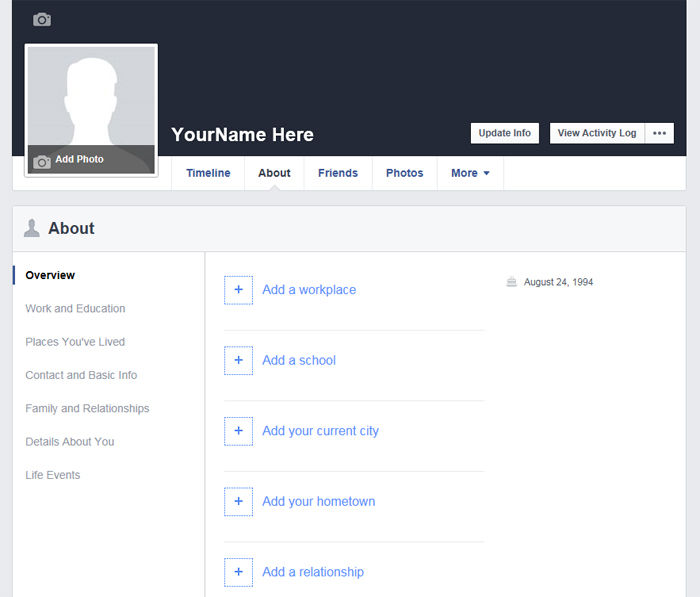Careerbook: The corporate ideal of ‘professional’ social media involves removing personality
October 21, 2015
Personal social media outlets like Facebook, Twitter and LinkedIn are hindering the job search rather than helping students obtain careers after college. They are forcing graduating students to promote a façade to appease future employers rather than reflecting the personality of the individual.
Forty-six percent of employers pass on candidates because of provocative or inappropriate photographs; 41 percent of employers eliminate candidates based on information provided, drinking or using drugs; and 36 percent of employers pass on a candidate because of negative posts about previous company, according to the Career Builder website.
Yet, changing our personal social media outlets to match the expectations of future employers denies us individuality.
Job-seeking individuals should not conform to the idea of cookie cutter Facebook, Twitter and LinkedIn profiles.
But beware: employers are looking on social media to see what kind of people they are hiring.
For example, 87 percent of employers check potential candidates LinkedIn profiles, 55 percent check Facebook profiles and 47 percent check Twitter profiles, according to the Jobvite.
Basically, if social media does not meet the expectations and values at first glance, the chances of getting a job are significantly lowered.
“Thirty-seven percent of employers use social networks to screen potential job candidates,” said Jacquelyn Smith, another Forbes contributor.
If an individual is unable to let go of the party photos and provocative updates, then there is a way to partially obscure information.
The best way to avoid having your profile looked at intensely by employers is to put profiles on the most private setting offered.
With that, an individual will avoid the chance of employers seeing something you do not want them to see, and individuals avoid making a false first impression.
Generally, employers want to see less of the fun and more of the traditional façade.
We do not need to put on a show for future employers because they will never see the true individual behind the exaggerated personal ‘professional’ profiles, and they will not truly know who they are hiring.
Although professionalism is necessary in the workplace, tweets and Facebook statuses including phony pictures are hardly representations of how a person will act in the professional environment.
Additionally, what an individual chooses to put on their social media page might relay false impressions to the viewer.
“Social media provides young people with a platform to express themselves fully. But, this platform can get them into trouble,” said Chis Teare, a contributor to Forbes.
Essentially, an individual should be wise about what they put on their profile while still keeping distinctiveness in mind.
Keeping your personal social media sites private ensures keeping your individuality. Conforming to employer’s expectations of seemingly perfect social media profiles denies uniqueness. So be smart about what you post on social media while still being yourself.
Kellie Langan is a junior communication major from Bellevue. She can be contacted at 335-2290 or by [email protected]. The opinions expressed in this column are not necessarily those of the staff of The Daily Evergreen or those of The Office of Student Media.



















